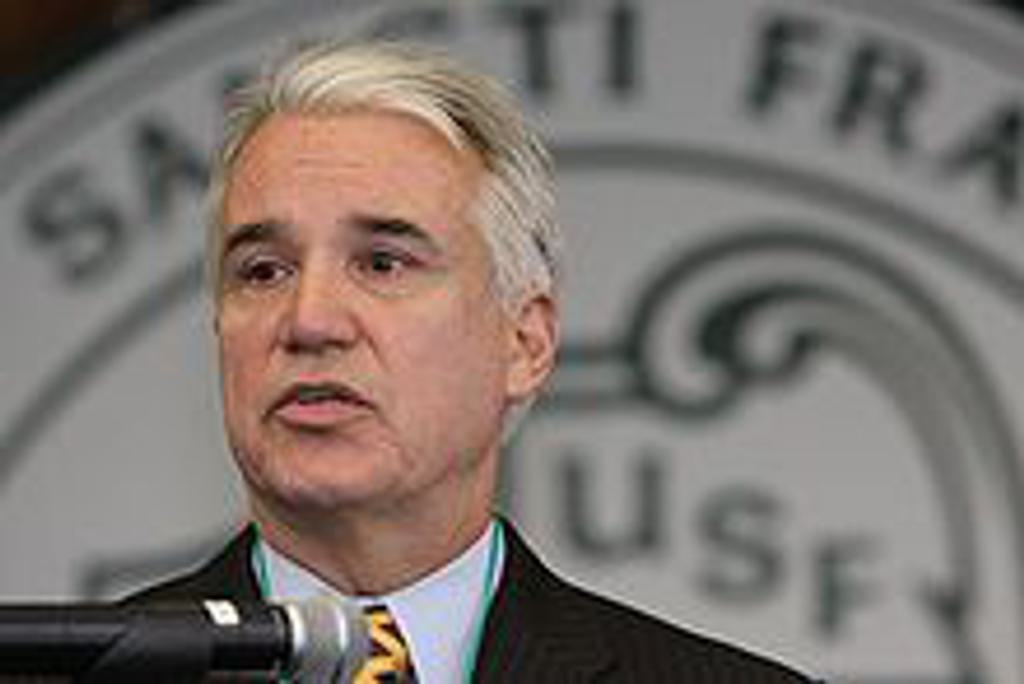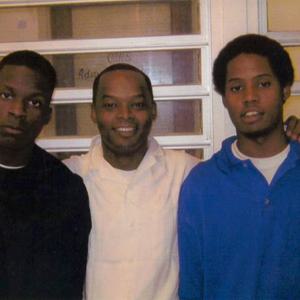
George Gascon served for 30 years as a police officer, including as a police chief in Arizona and California. He is currently the District Attorney of San Francisco. Although he formerly supported the death penalty, he now believes it should be replaced with life without parole. In a recent op-ed in the Sacramento Bee, Gascon wrote: “I have had the opportunity to observe and participate in the development and implementation of public safety policies at every level. I have seen what works and what does not in making communities safe. Given my experience, I believe there are three compelling reasons why the death penalty should be replaced. (1) The criminal justice system makes mistakes and the possibility of executing innocent people is both inherently wrong and morally reprehensible; (2) My personal experience and crime data show the death penalty does not reduce crime; and (3) The death penalty wastes precious resources that could be best used to fight crime and solve thousands of unsolved homicides languishing in filing cabinets in understaffed police departments across the state.” He concluded the death penalty is “fatally flawed” and “broken beyond repair.” Read the full op-ed below.
Viewpoints: Should we OK Prop. 34 to end executions? Yes
Death penalty is a costly farce
As a 30-year-veteran police officer who once supported the death penalty and now the elected district attorney for San Francisco, I am compelled to address why I support replacing the death penalty in California.
From my beginning as a street cop in L.A., to assistant chief of police for the LAPD, to police chief in Mesa, Ariz., and San Francisco, and now San Francisco’s DA, I have had the opportunity to observe and participate in the development and implementation of public safety policies at every level. I have seen what works and what does not in making communities safe.
Given my experience, I believe there are three compelling reasons why the death penalty should be replaced. (1) The criminal justice system makes mistakes and the possibility of executing innocent people is both inherently wrong and morally reprehensible; (2) My personal experience and crime data show the death penalty does not reduce crime; and (3) The death penalty wastes precious resources that could be best used to fight crime and solve thousands of unsolved homicides languishing in filing cabinets in understaffed police departments across the state.
For me, the possibility of executing the wrong person is enough. Even under the most scrupulous practices, the legal system occasionally makes mistakes. Just since 1973, more than 130 people on death rows around the country have been exonerated.
Since 1989, more than 2,000 people across the United States have been cleared of wrongful convictions, according to the National Registry of Exonerations. Two of those exonerations involved homicide cases tried by my office. It is simply too great a risk, and even the most diligent professionals may unwittingly have their hand in the execution of an innocent person.
California ranks third for the highest number of exonerations in the registry. These are real cases involving real people where the system failed.
Second, in my long public safety career with many years of being responsible for homicide units and now as DA, not once have I heard a murder suspect say he considered the death penalty when committing the offense. The truth is, killers don’t consider the death penalty when they decide to murder someone. They consider whether they will get away with it.
And shockingly, almost half do in California.
Data support my experience. The murder rates in death penalty states such as Florida and Texas are higher than in New York, where the death penalty was replaced.
Third, prosecuting a death penalty case in California costs roughly $1 million more per trial than the average non-execution homicide case.
The special housing we provide a death row inmate costs tens of thousands more than it costs to lock up an inmate in the general prison population – by some accounts as much as $90,000 more per year per inmate. Over 17.5 years (the average time between conviction and execution for the 13 inmates executed in California since 1976), this translates to a cost of nearly $1.6 million more than housing for a non-death row inmate.
The long wait until execution means death row inmates die of old age or illness, just like ones doing life except for the added cost. Since 1976, 84 death row inmates have died while awaiting execution in California.
I believe the death penalty continues to exist for two reasons, (1) because it appeals to our desire to exact punishment for those whom we fear most and who make us angry; and (2) because we are misled by half truths and outright lies.
We need to acknowledge that the death penalty is broken beyond repair.
With Proposition 34, heinous killers will be brought to justice, and kept in prison for the remainder of their lives with no hope of getting out.
This November we have a choice. We can either hang on to a fatally flawed system, or join 17 states, the District of Columbia and Puerto Rico, and replace the death penalty with life without the possibility of parole.
As one who cares deeply for public safety and has dedicated his life to making communities safer, I urge all Californians to stand strong and vote yes on Proposition 34.
George Gascon, district attorney of San Francisco, was previously the chief of police for San Francisco.
(G. Gascon, “Viewpoints: Should we OK Prop. 34 to end executions? Yes,” Sacramento Bee, op-ed, October 14, 2012). See New Voices and Costs. Also find out more about law enforcement officers’ views in DPIC’s report, “Smart on Crime.”



